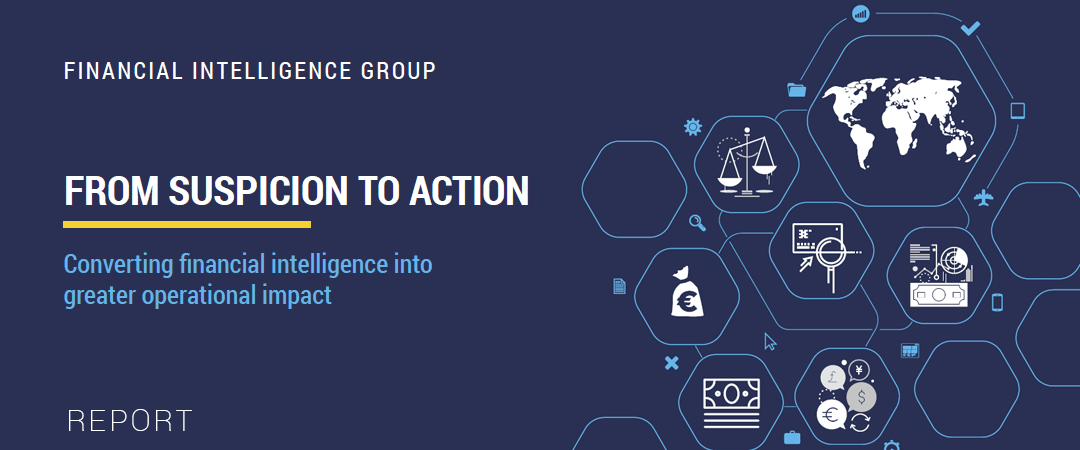Europol, the European Union's law enforcement agency, has sounded the alarm on criminal organizations using real estate to cleanse their ill-gotten gains. A recently published report highlights a disturbing trend: over 40% of the most dangerous criminal networks in the EU are exploiting the real estate market to launder money.
This news comes amidst growing concerns about the vulnerability of Europe's property market to financial crime. Europol's report paints a stark picture, revealing that real estate has become the primary tool for these groups to disguise their criminal profits. The sheer volume of transactions and the opaque nature of ownership structures within the real estate sector create a breeding ground for money laundering activities.
Europol's investigation wasn't limited to uncovering the extent of real estate's use in money laundering. The report also identifies other popular methods employed by criminal groups. Luxury goods, cash-intensive businesses like hospitality ventures, and cryptocurrencies were all flagged as significant channels for laundering illicit funds.
However, Europol emphasizes the unique appeal of real estate for criminal actors. Unlike some of the other methods, property offers a seemingly legitimate facade for the source of funds. Inflated purchase prices or fictitious renovations can be used to justify the sudden influx of cash associated with criminal activity. Additionally, real estate provides a long-term investment opportunity, allowing criminals to park their dirty money and potentially see returns that further legitimize their wealth.
The report underscores the complex relationship between criminal organizations and the legal economy. Europol stresses that these groups aren't solely focused on generating illicit income. They actively seek ways to integrate themselves into legitimate markets, using them to not only launder money but also facilitate their criminal activities and secure long-term financial stability.
Europol's findings serve as a wake-up call for European authorities. The report emphasizes the urgent need for stricter regulations and enhanced cooperation between law enforcement agencies across the EU. Implementing stricter anti-money laundering measures within the real estate sector, such as increased scrutiny of suspicious transactions and beneficial ownership disclosure, is seen as a crucial step in combating this financial crime.
Europol acknowledges the challenges in tackling this pervasive issue. The ever-evolving tactics of criminal groups necessitate continuous vigilance and adaptation from law enforcement. However, the report offers a roadmap for effective intervention, urging a multi-pronged approach that combines stricter regulations, improved information sharing, and coordinated investigations.

